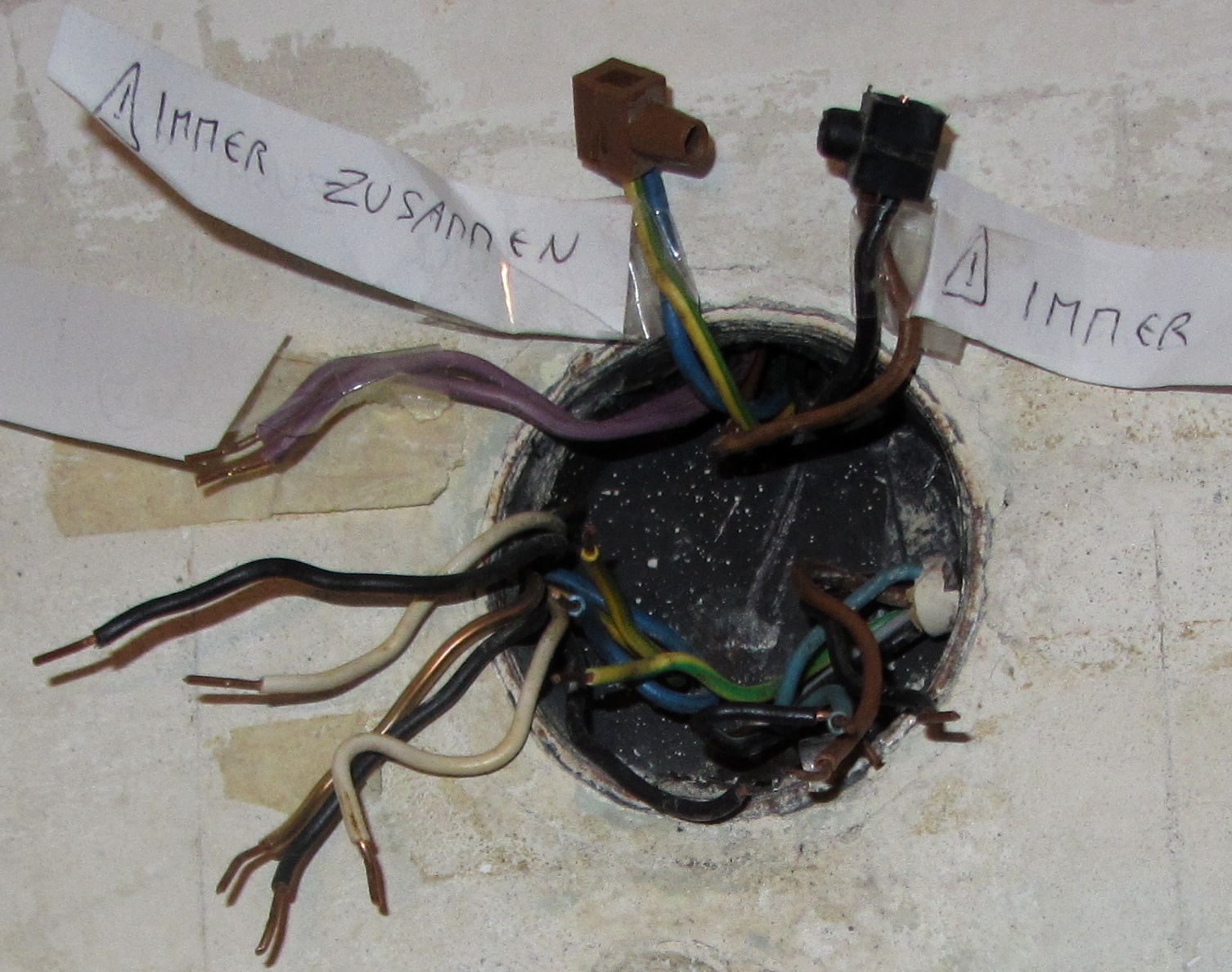Code that scales: performance
 Tight
Tight
 Unfamiliar
Unfamiliar
...and team
 Clear Familiar structure
Clear Familiar structure
Lower threshold of adoption
 Tight
Tight
 Unfamiliar
Unfamiliar
 Clear Familiar structure
Clear Familiar structure
Lower threshold of adoption
Write expressive code without for/while,
and generate fast code.
Limits.
Similar spirit, but for array processing.
Return the value obtained from a single function call.

// no return statement
t.children.forEach(doSomething);
// not a single function call
return sumtree(t.left) + sumtree(t.right);

// return + single function call
return gcd_rec(a-b, b);
Find the GCD of two numbers.
910 = 2*5*7*13
1235 = 5*13*19
→ 5*13 = 65
Euclid's recursive algorithm:
GCD(a,b) is:
if a>b: GCD(a-b,b)
if a<b: GCD(b-a,a)
if a==b: afunction gcd_rec(a, b) {
if (a > b)
return gcd_rec(a-b, b);
if (b > a)
return gcd_rec(b-a, a);
return a;
}
alert(gcd_rec(910, 1235));
No loop statement,
only branch & return.
+ Clear: 100% like the algo.
− Slow: function calls.
function gcd_loop(a, b) {
while (a != b) {
if (a > b) {
a = a-b;
}
else if (b > a) {
var c = a;
a = b-a;
b = c;
}
}
return a;
}
alert(gcd_loop(910,1235));
while, branch & return.
− Difficult to read (algo?).
+ Fast: no function call.

Not a tail call ⇒ not transformed:
// no return statement t.children.forEach(doSomething);
// not a single function call return sumtree(t.left) + sumtree(t.right);

Tail call ⇒ automatically removed (replaced with while & continue):
// return + single function call return gcd_rec(a-b, b);
Implicit difference.
Who's going to know? (*)
(*) http://neopythonic.blogspot.de/2009/04/final-words-on-tail-calls.html
Explicit difference using two new keywords metafun and metaret.
// WITH function calls (call stack)
...
var v = f(x);
...
return f(x);
...
return f(x)+g(x);
...
o.doSomething();
...
// WITHOUT function calls (no call stack)
metafun gcd(self, a, b) { // metafunction: contains metaret
if (a > b)
metaret self, a-b, b; // NOT a call, rather a sanitized goto
if (b > a) {
metaret self, b-a, a; // NOT a call, rather a sanitized goto
return a;
}
Webpage: http://glat.info/js.metaret/
Source: https://github.com/glathoud/js.metaret
Simpler than TCO: only where metaret used.
Fast result: Generate a while loop, as before.
metafun gcd(self, a, b) {
if (a > b)
metaret self, a-b, b;
if (b > a)
metaret self, b-a, a;
return a;
}
function anonymous(a, b) {
_L_gcd_: while (true) {
if (a > b) {
var _a1_ = a - b;
a = _a1_;
continue _L_gcd_;
}
if (b > a) {
var _a_ = b - a;
var _b_ = a;
a = _a_;
b = _b_;
continue _L_gcd_;
}
return a;
}
}
Search a value in a sorted array with duplicates:
[ 0, 1, 1, 2, 2, 5, 6, 6, 6, 7, 9, 9 ] F L (init) F L (bisection) F L F #3 #4
metafun improveFirst(self) {
if (first_found && last_found) // Termination test
return [i, j]; // Done: `x` found.
... // Update
metaret improveLast;
}
metafun improveLast(self) {
... // Update
metaret improveFirst;
}
http://glat.info/js.metaret/#sec-sorted-search
for, while,
function gcd(a,b){ while...
tail calls...
return gcd(a-b, b);
metafun
metafun gcd(a, b) { ...
and metaret (sanitized goto):
metaret self, a-b, b;
for, while, functions, calls)for? No while? No function call?
metafun sum(self, arr) {
var n = arr.length;
metaret sum_iter, 0, 0;
metafun sum_iter(self, current, i) {
// Are we done yet?
if (i < n) // No
metaret self, current+arr[i], i+1;
// Yes
return current;
}
}
var sum = arr.reduce(function (a,b) { return a+b; });
var sum = 0; for (var i=arr.length; i--; ) sum += arr[i];
Looks familiar?
map, filter, reduce...
Different context: tail calls/tail metacomposition not so wise here...
...but can we similarly develop a no loop/no call approach?
...and generate fast code?
Especially when data grows?
"Data grows": http://www.outdooractive.com/en/tourplanner/
On-the-fly statistics: length, duration etc.
User expects: O(1)
sum = alp_reduce(arr,"+");
sum = 0;
for (var i=arr.length; i--;)
sum += arr[i];
function alp_reduce(arr, /*string*/expr) {
var f = new Function( "arr,v,i",
"var n=arr.length;" +
"for(var w;i<n;i++){v=(w=arr[i]," + alp_e(expr) + ");}" +
"return v;");
return f(arr,arr[0],1);
}
function alp_e(expr) { ... } // alp_e("+") returns "v+w"
or using a sweet.js macro (thanks to Adam Peresztegi for the suggestion)
arr = [ { p: 12 }, { p : null }, { p: 34 }, { p: 56 } ];
sum_p = arr.reduce(function (a,b) { return a + (b.p || 0); },0);
// 1 3 6 4 5 2
sum_p = arr.map(".p").filter("!=null").reduce("+");
// 1 2 3
3 stages means: 3 loops and 2 throw-away intermediary arrays.
Waste of memory and CPU ("data grows").
// f is a function (generated)
var f = Array.map(".p").filter("!=null").reduce("+");
function f(arr) {
var n = arr.length,
ret = 0;
for (var i=0; i<n; i++) {
var v = arr[i];
v = v.p; // .map(".p")
if (v != null) // .filter("!=null")
ret = ret + v; // .reduce("+")
}
return ret;
}
f:
var sum_p = f(arr);
// Element-by-element addition of two *typed* arrays:
var ta3 = ta1 + ta2; // JS syntax extension
// ta1: [ <Float64>, <Float64>, <Float64>, ... ]
// +
// ta2: [ <Float64>, <Float64>, <Float64>, ... ]
// =
// ta3: [ <Float64>, <Float64>, <Float64>, ... ]
// or:
var f = Float64Array.merge("+"); // compile f
var ta3 = f(ta1, ta2); // execute f
// or shortcut:
var ta3 = ta1.merge("+", ta2);
- Write clear, portable code,
- and make speedup easy (JS engines):
☆ parallelization: multicore, SIMD,
☆ inlining "+": 1 loop instead of many function calls.
function getDistance(x0, y0, x1, y1) {
var dx = x1-x0;
var dy = y1-y0;
return Math.sqrt(dx*dx + dy*dy);
}
// compile -> f is a function
var f = Float64Array.merge(getDistance);
// execute f element-by-element
// d, x0, y0, x1, y1: all Float64Arrays
var d = f(x0, y0, x1, y1);
- Write clear, portable code,
- and make speedup easy (JS engines):
☆ Parallelization: element-by-element,
☆ Inlining: 1 loop with the body of getDistance,
☆ Native code: e.g. when getDistance produced by asm.js.
3D: parts that do not fit on the GPU,
Digital Signal Processing: speech, video etc. (repeat the smallest array),
...
What was this all about?
sum = arr.reduce(
function (a,b){
return a+b;
});
reduce

sum = alp_reduce(arr,"+");
reduce-genLow threshold of adoption
for, while,
function gcd(a,b){ while...
tail calls...
return gcd(a-b, b);
metafun,
metafun gcd(a, b) { ...
and metaret (sanitized goto):
metaret self, a-b, b;
for, while...
sum=arr.reduce(function...)
for(..)ta3[i]=ta1[i]+ta2[i]
sum = arr.reduce("+")
ta3 = ta1.merge("+", ta2)
for, while, functions, calls)Think/write/read concise code, in a natural order, with explicit optimizations.
☆ fast!
☆ cost: no stack trace. But writing for/while loops by hand not much better.
☆ You can already use http://glat.info/js.metaret & jsperf.com/arr-reduce-gen